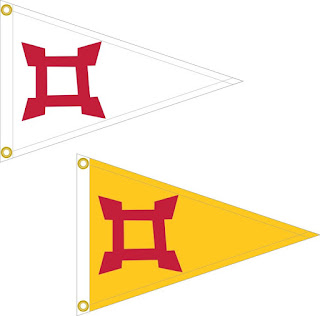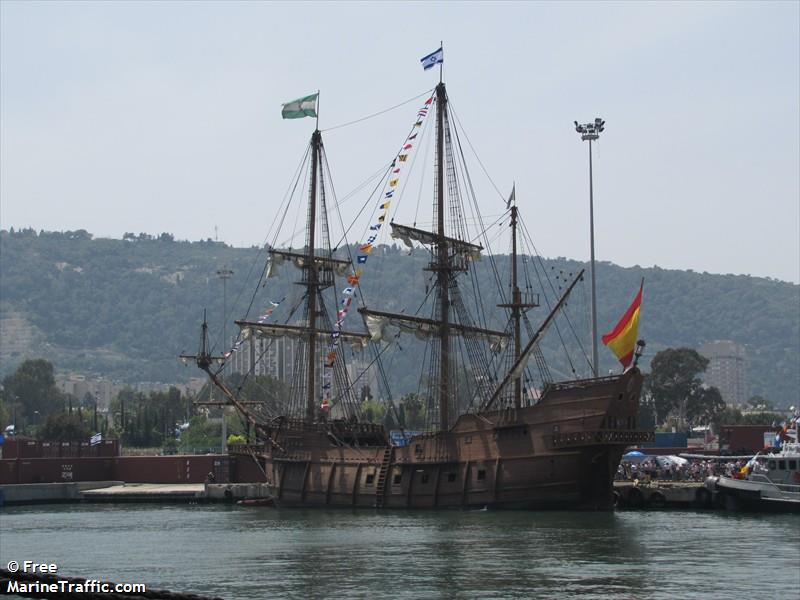Okay, I
did say I was hoping to do new and different things, and have more adventures, in 2020 but "unexpected encounters with the health care system overseas" wasn't exactly what I had in mind!
It started out like an ordinary dive. Pretty day, and a favourite reef we have visited before. Dan was looking forward to diving in his new wetsuit, warmer and more comfortable fit than his previous one. It was the one he'd worn during our manatee encounter, and we had already gone for one dive just the previous week, and he had been very happy with its performance.
 |
| Dan is an experienced diver; here celebrating his 100th trip a few years ago. |
About halfway through the dive, things began to go wrong and he was unable to keep control of his buoyancy. Perfect storm, a combination of stronger than usual current, unfamiliar equipment (not the wetsuit, but the rented BCD and weights), and just plain bad luck, and quite suddenly he was at the surface with a lot of seawater in his lungs.
There's a gap in both of our memories and things were a blur, but an ambulance ride was involved, and for me, hours by his side in a very air conditioned hospital emergency room while wearing a t shirt and shorts over a wet swimsuit.
 |
| Really high-tech health support |
The hospital and staff were excellent. Language wasn’t a problem as almost everyone had English (fortunately, because while we can get by in Spanish we can’t have conversations on complex or technical subjects). He was on a positive pressure breathing machine with 100% oxygen for about 12 hours, which helped drive the water back out of his lungs and reabsorbed by his body. This was followed by canned oxygen for another 24 hours. They kept saying his blood saturation was too low, and were getting worried. But they were measuring saturation at his fingertips and he has terrible circulation and cold hands so the reading was artificially low. Clever doctor measured it again at his earlobe and learned that his recovery had been going much better than the fingertip measurements led them to believe! He had been fine for quite some time.
There was one disorienting but delightful moment when a man I met in a hallway looked at me, stared at me, and then said, "Why are you here?" Meanwhile, I was trying to figure out if I knew him ... turned out I did! He had rented us an apartment several years ago. So after I told him why I was there, I got to ask him why he was there -- he and his wife had sold the building and left the island after the winter we stayed with them. Turned out he was back doing a temporary stint at the hospital, so it was nice seeing a familiar face.
One other thing that struck me was that visiting hours were kept pretty strict, especially in ICU where he was the first 24 hours, but also in the general ward where he was the second day once he was out of immediate danger. I was given a lot more flexibility than most of the local folks, however. The explanation was that he was far from home and the situation would be far more stressful for him. While that was probably true, I'm sure everyone is stressed when a loved one is in the hospital. I was simultaneously grateful for the VIP treatment, and a bit embarrassed by my privilege as I walked past the other waiting people.
 |
| The afternoon shift in A-2 really liked him ... and really liked sending him home! |
Two days later, Dan was home and feeling quite well. We rested for a day, then the next day went for a hike at our favourite spot, Ayo Rocks. We walked slowly but he had no shortness of breath. He was also able to go for a snorkel at a very calm beach (kinda like getting back on the horse) and no problems there either. We know he’s still weak; he gets shivery chills in late afternoon or early evening if he’s tired but less so every day. He’ll be fragile for a couple of months. Very thankfully no decompression injuries or lung expansion injuries or they would have airlifted him to Curaçao or Miami. As is it was bad but not that bad.
Follow up visit with the pulmonologist occurred a few days later. Dan had no permanent damage and his lungs sounded excellent. After the medical details were covered, the conversation meandered a bit. We talked about universal medical coverage (more on that below; our doctor was involved in its implementation here); about politics (we both shared a disdain for Trump and a fondness for BBC News); about Amsterdam's history of pirates and prostitutes. Diving is off the table for a long time, maybe forever, but that's sort of okay -- at least we can say "forever" again.
= = = = =
From a U.S. perspective it was interesting to see the health care differences. Here on Aruba, universal health care came about for economic advantages, but also for social reasons. The former system had a combination of private insurance for the rich, and the equivalent of Medicaid for everyone else, and the difference in quality of care was very very major. Now, people pay for their health care by a small percent deduction from their paychecks (3%, compared to, when we were working, 7% for Medicare); employers pay another 9% of payroll, and another 3% of sales tax on goods and services, all support health care. Total 15%. For staggering comparison, we pay about 15% of our income for health care now, in other words the same percentage, but that is
just our portion, with my former employer, and Medicare, both picking up the greater portion of the total cost. It totally brought home to me that statistic I read several years ago, that we spend an amazing 42 cents of every health care dollar on non-health things, mostly administrative like figuring out insurance billing codes, but also advertising and profit. The
total hospital bill, for ambulance, ER, a day in ICU and a day in a regular ward, xrays, blood tests and medication, was about half what the deductible alone would have been for a similar stay in the US.





















